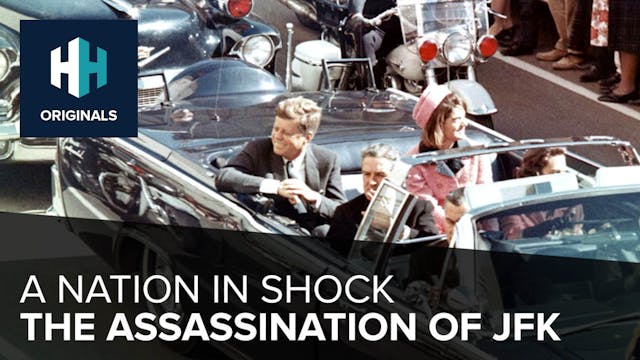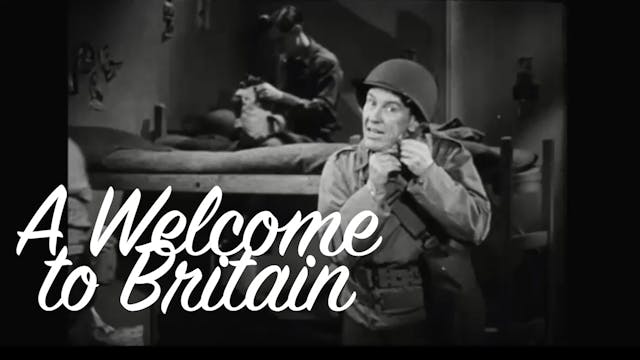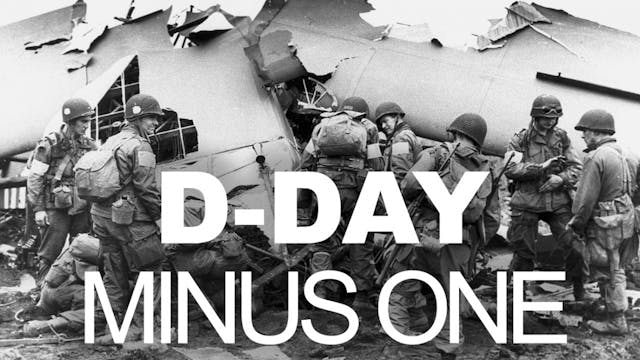Protest: Spirit of the People
Archive Footage
•
21m
In January 1968, the start of the Tet Offensive by North Vietnamese communist troops sent waves of anger and anguish across the home front and sparked the most intense period of anti-war protests seen in the ‘60s. By this time, anti-war protesters were joined by members of Vietnam Veterans Against the War, many of whom were in wheelchairs and on crutches. The sight of these men on television throwing away the medals they had won during the war did much to win people over to the anti-war cause. Nor were Londoners impartial. Protestors across the city – the majority of whom were young people - mobilized against what they considered to be an abhorrent attempt to impose democracy in South East Asia via the barrel of a gun. In March, 200 protestors were arrested during clashes with the Police outside the American Embassy in Grosvenor Square, London. In October, 25,000 people assembled to protest the war once again but, despite security concerns, it did not escalate to the levels of unrest seen earlier in the year. In this episode, we speak to journalist Donald Macintyre, who was present at both marches, to hear about the political context of these events and how they compare to modern marches against the Iraq War and Brexit.
Up Next in Archive Footage
-
A Nation In Shock: The Assassination ...
22 November, 1963, gunfire at Dealey Plaza, Dallas. Told through newsreels and archive, this film provides a snapshot of the grief and shock that gripped the world in the aftermath of the assassination of JFK.
-
A Welcome to Britain
An informative film made for American troops travelling to Britain, letting them know what to expect and advising them on how to behave. The film covers varied subjects, from the humble British pub, to rationing, to the treatment of black British servicemen.
-
D-Day Minus One
Before the masses arrived by sea on D-Day, the brave few came from the air. This archive documentary follows the operations of the US 82nd and 101st Airborne Divisions, who landed behind enemy lines to prepare the way for the D-Day landings.



